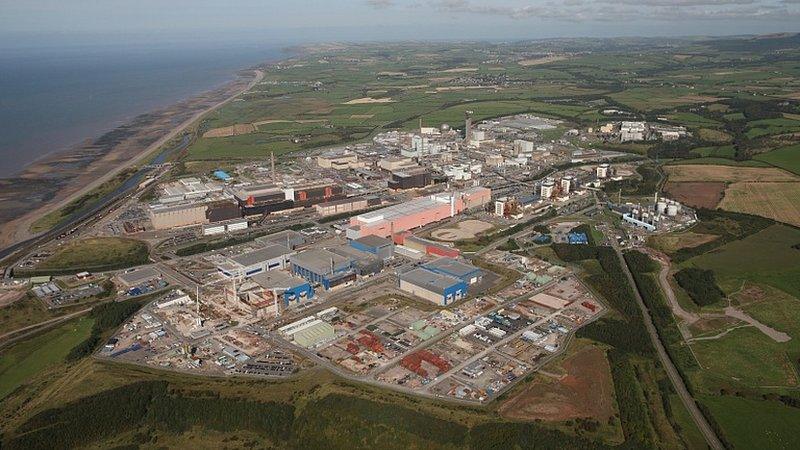Inside Sellafield: Working with a whistle-blower
- Published
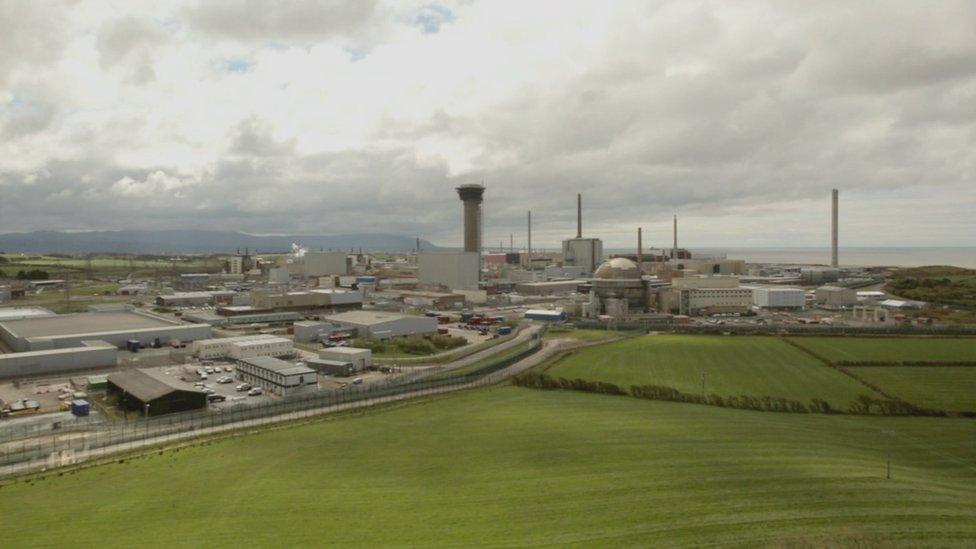
Sellafield is a secret world. It is protected, and its borders are patrolled. Its workers are forbidden from talking about life on the site.
To get the real story of Sellafield, you need an insider. For us, it was Neptune - a whistle-blower whose identity we are protecting.
Working with a confidential source is a long journey.
The investigation took the best part of a year, but the first few months were about getting to know Neptune.
He needed to trust us, and we needed to trust him.
The initial contact had come through an intermediary. We were told: "A man who has a story about safety would like to talk to you."
It soon became clear Neptune wanted to deliver his story face to face.
The first meeting took place at an airport hotel. In a private room - away from the travellers and business meetings - Neptune talked me through his story.
It was compelling.
Neptune knows Sellafield inside out. He had worked at a senior level. He knew the facts and the flaws of the ageing facility.
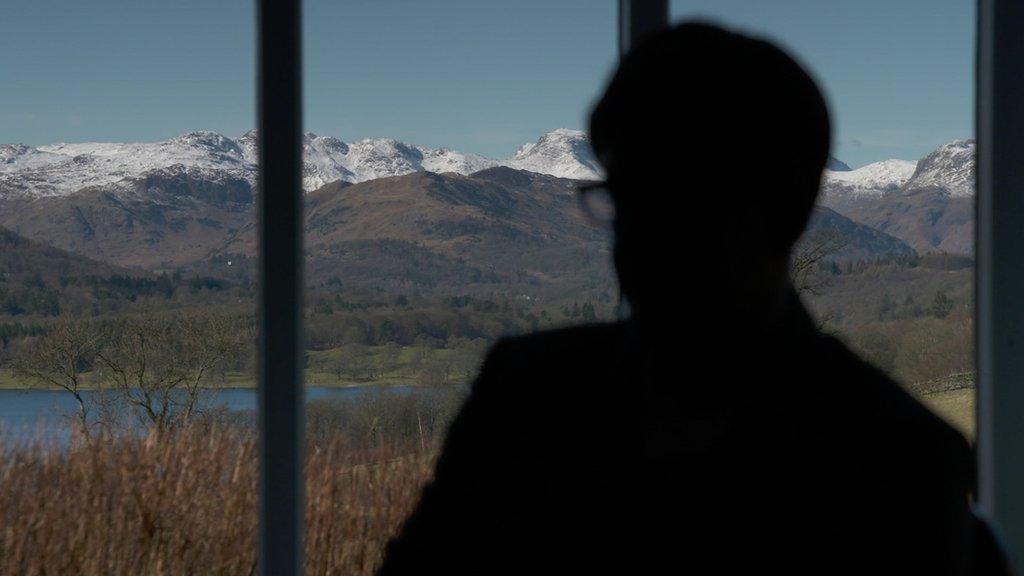
Panorama's source had worked at Sellafield at a senior level
He said: "I arrived thinking it would be a level of excellence, a level of engineering competence far exceeding anything I'd seen before.
"But it became fairly evident that all those things were not there.'
Neptune did not tell us anything that would jeopardise the plant's security.
But he described the dangers he had seen at first hand:
routinely ignored alarms
dilapidated and leaking storage areas for radioactive waste
parts of the site creaking, with an old, run-down infrastructure
Neptune had had shifts at Sellafield that had made him nervous.
He had seen facilities full of deadly materials with too few workers on duty.
He told me a plant with below safe minimum manning levels was dangerous and his biggest fear was a fire in one of the silos or one of the processing plants.
"If there is a fire there, it could generate a plume of radiological waste that will go across Western Europe," he said.
Whistle-blowers come forward for many reasons.
Most want to expose an injustice or right a wrong. Some want to settle a grudge. For a few, it is cash.
Neptune was clear about why he was prepared to reveal the truth about Sellafield.
"I'm worried something terrible will happen there," he said. "I think people should know.'
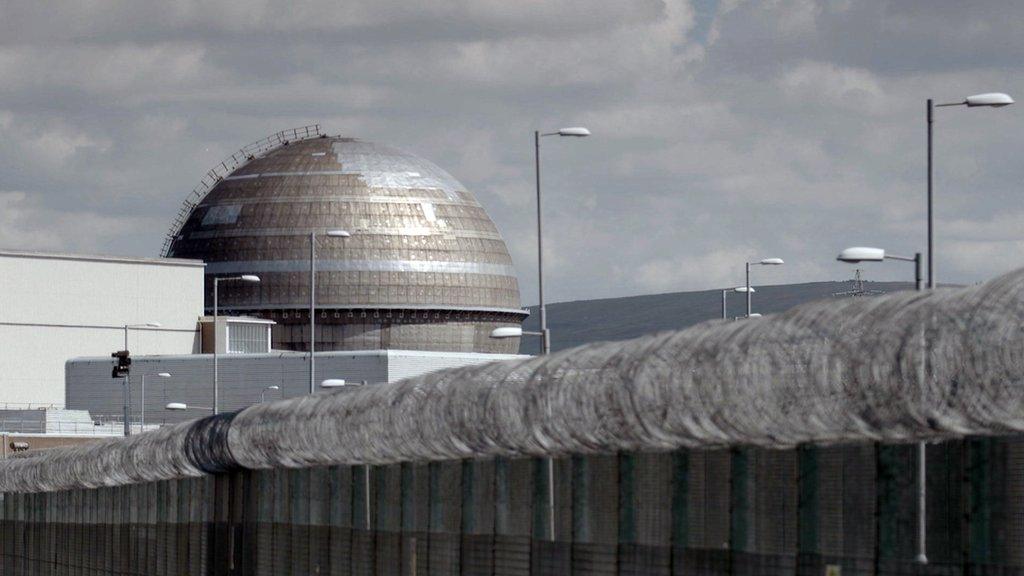
Sellafield reprocesses and stores nearly all of the nation's nuclear waste
Neptune took an enormous risk.
He had never worked with a journalist before. He trusted us for no reward. And then he left us to the investigation.
Our job was to find evidence that supported or disproved his claims.
It is relatively common to find a whistle-blower's allegations do not add up.
They might be exaggerated, confused or just plain wrong.
It quickly became clear that Neptune was telling the truth.
We saw documents that supported his claims about manning levels and alarms being ignored.
Although Sellafield insists the site is safe, its own data showed there were serious problems.
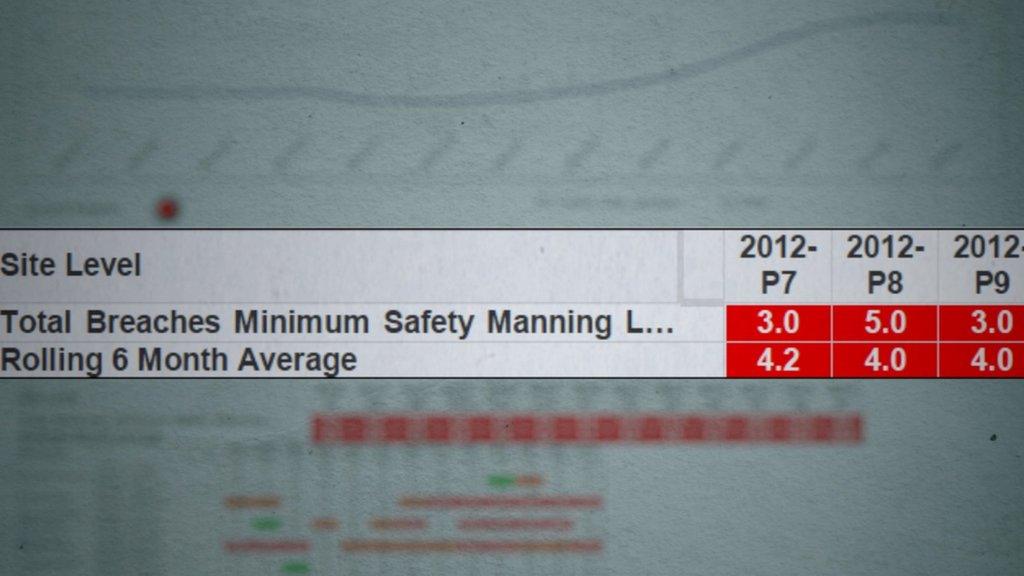
Panorama saw documents that supported Neptune's claims
We kept Neptune up to date with what we had found.
The relationship with a whistle-blower can be complicated.
Once they have given their testimony, they can feel vulnerable.
Many will have second thoughts or panic about long-term implications.
Neptune was always calm and clear.
In roadside hotels or over late night curries, he was happy to answer questions or clarify detail.
Over time, other witnesses came forward.
The case began to build: the truth about Sellafield and its catalogue of safety issues became clear.
Eventually, the meetings with Neptune stopped.
We chase the story, but the whistle-blower has to get on with his life.
Although Neptune has now stepped back into the shadows, he may be asked to make one more appearance.
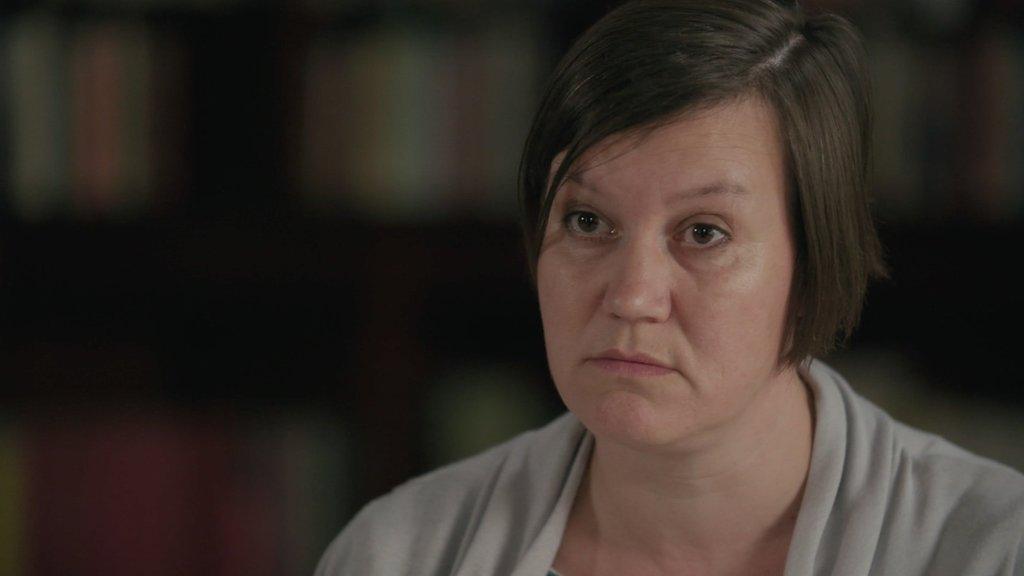
Meg Hillier MP would like to see written evidence from the Panorama whistle-blower
Meg Hillier, who chairs the influential Public Accounts Committee, wants Neptune to give written evidence to Parliament.
The Labour MP thinks his testimony will help the committee understand Sellafield's problems.
She said: "We'll be able to challenge them with some of the information that you've provided.
"Thank you to the whistle-blower for having the guts to come out and tell us all what's been going on."
Neptune only ever wanted to expose the truth about conditions inside Sellafield. Now, his fears may be raised in Parliament.
Panorama - Sellafield's Nuclear Safety Failings is broadcast on BBC One on Monday 5 September at 20:30. Or catch up afterwards on BBC iPlayer
- Published31 January 2014
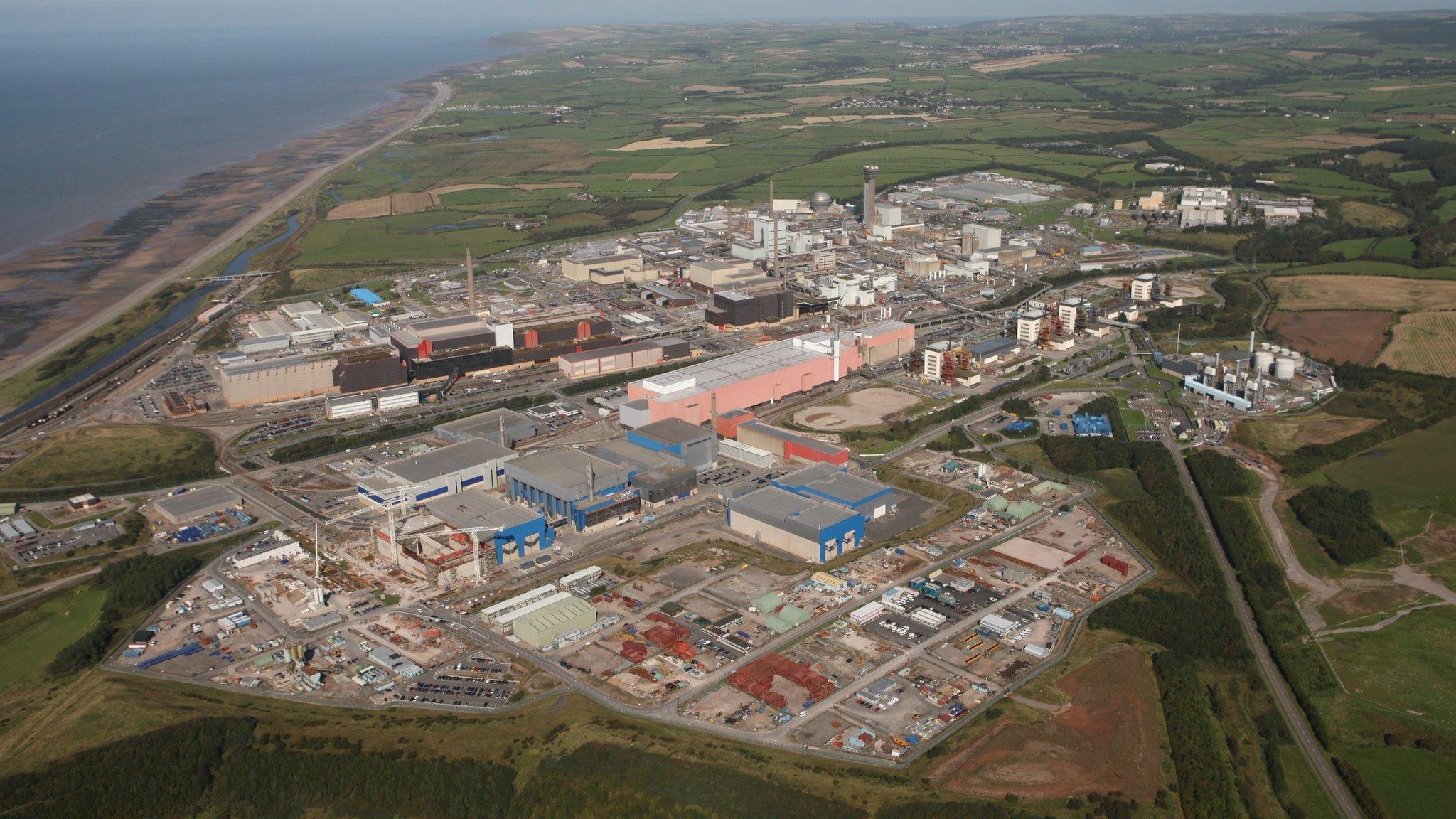
- Published18 January 2016
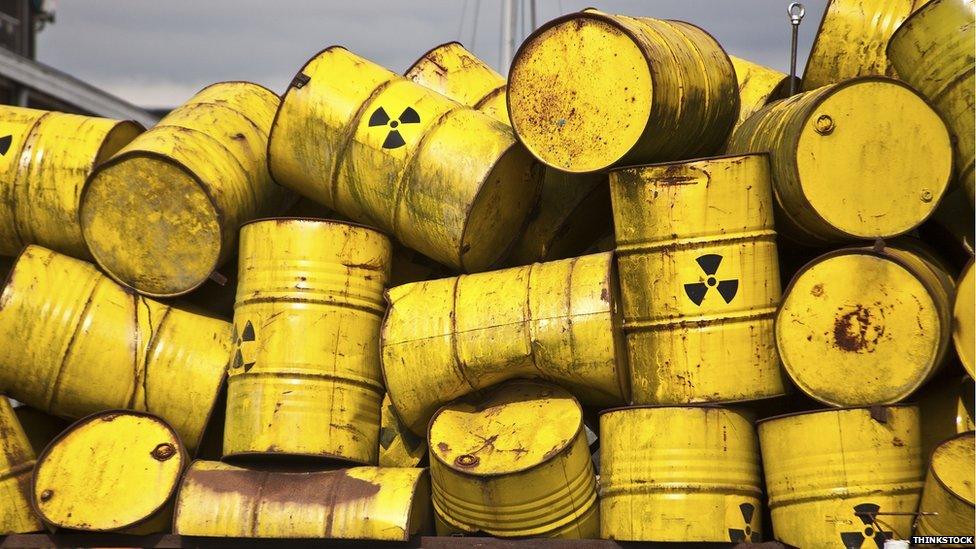
- Published22 August 2015
